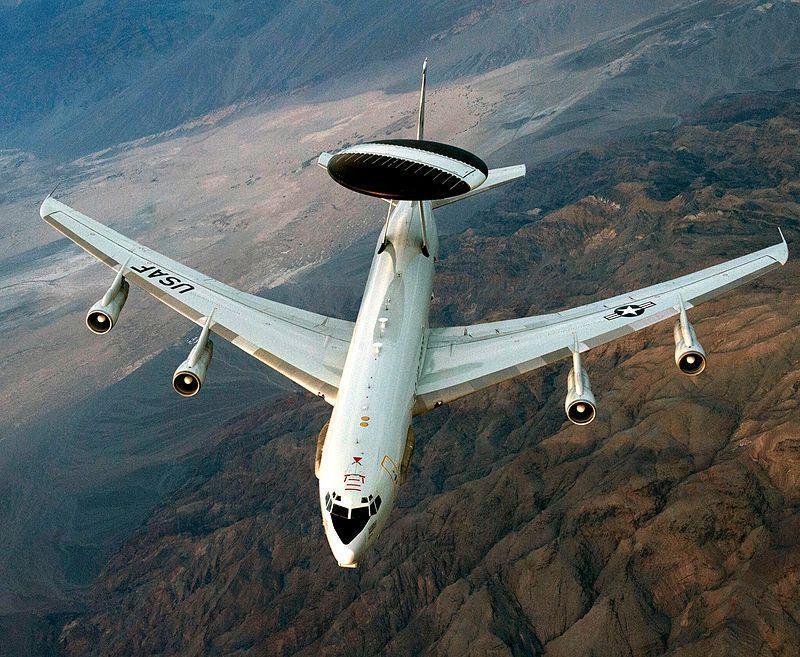
E-3 Sentry
Credit: Val Gempis
Industry teams proposing concepts for a complex, multidomain surveillance system that could replace NATO’s E-3 Sentry airborne early warning (AEW) aircraft in the 2030s have completed a series of risk reduction and feasibility studies for their proposals. The completion of the studies, announced by...
Subscription Required
This content requires a subscription to one of the Aviation Week Intelligence Network (AWIN) bundles.
Schedule a demo today to find out how you can access this content and similar content related to your area of the global aviation industry.
Already an AWIN subscriber? Login
Did you know? Aviation Week has won top honors multiple times in the Jesse H. Neal National Business Journalism Awards, the business-to-business media equivalent of the Pulitzer Prizes.





